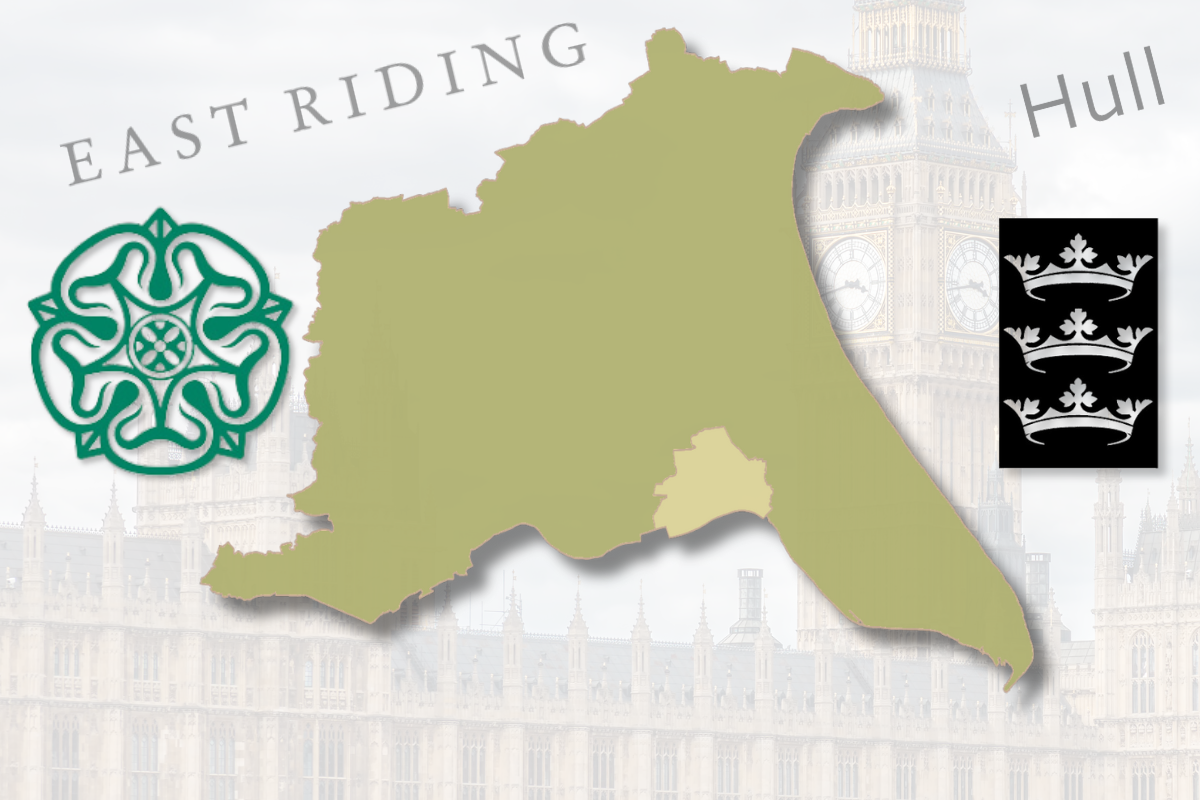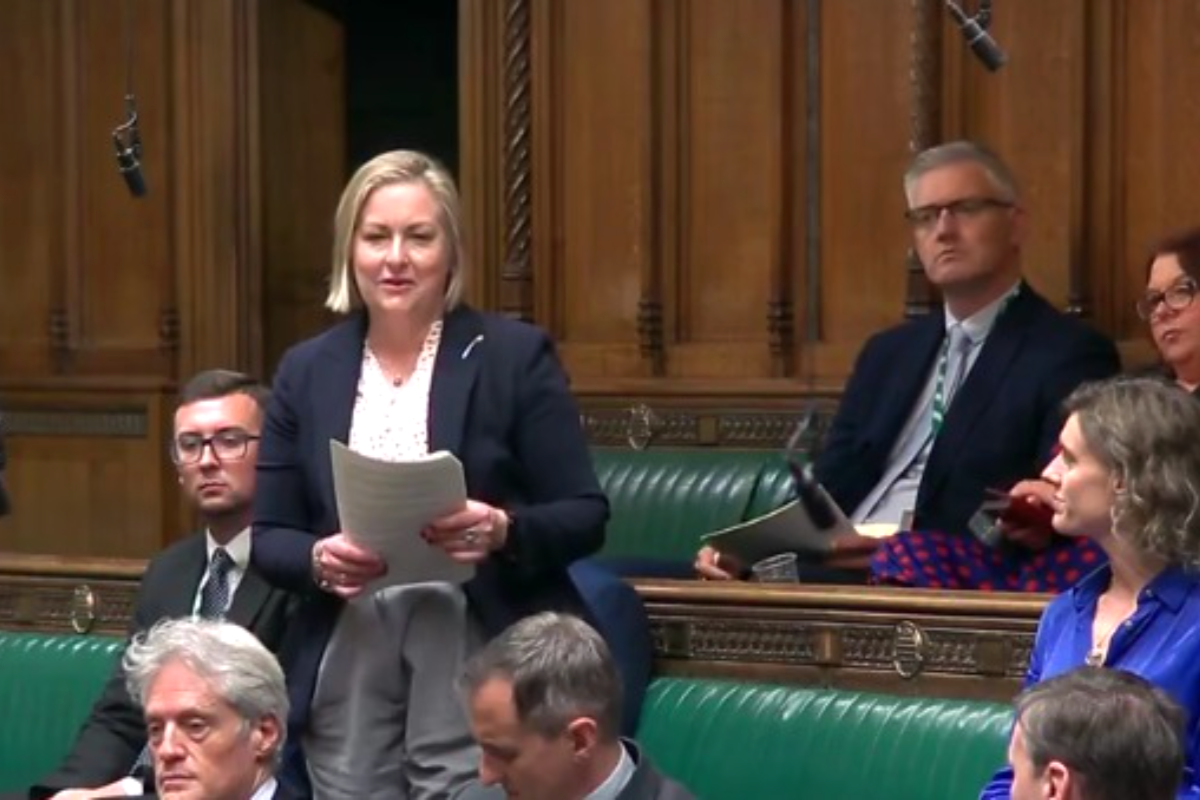
Proposals for an East Yorkshire devolution deal were backed by just over half of those who took part in its consultation with some left confused and sceptical of the plans.
The results of the consultation on the proposed deal found 53 per cent agreed devolution would address Hull and the East Riding’s priorities while 35 per cent disagreed.

Backing for a mayor and combined authority totalled 47 per cent with 39 per cent against overall, with 43 per cent opposed versus 42% in favour in the East Riding.
But a report on the results stated people who took part in focus groups on the proposals showed a general lack of understanding about its purpose and benefits.
It comes as the results of the consultation which ran from Tuesday, January 2 to Tuesday, February 27 were published.
More than 5,800 people took part, including 1,491 from Hull and 2,941 from the East Riding.
Private firm TONIC which analysed the results stated the most common reasons for supporting the deal were bringing new powers and decision making to the area and additional investment.
Those who backed the deal also supported having a mayor and combined authority and because they believed it would address local priorities.
Respondents who disagreed with a deal felt it was not a good use of tax payers’ money and that it added an unnecessary layer of bureaucracy.
They also said the proposed £400m in funding over 30 years, £15m for transport and additional cash for skills was not enough.
People also expressed a distrust in politicians and councils generally.
A total of 47 per cent of respondents said they believed the proposed governance structures of a mayor and combined authority would support efficient and effective government.
The proportion of those who disagreed was 39 per cent.
In Hull, 54 per cent agreed and and 32 per cent disagreed while in the East Riding 42 per cent agreed and 43 per cent disagreed.
The reasons for supporting a mayor and combined authority were that it would increase local representation, give the area a strong voice and bring additional funds.
Those who disagreed said they were concerned about the additional cost, it introduced an unnecessary layer of additional bureaucracy and too much power would be held by the mayor.
A total of 53 per cent of respondents agreed that the deal would help with transport connectivity in East Yorkshire, while 36 per cent disagreed.
Supporters welcomed investment and improvements to transport while those against said parts of the East Riding may not get a fair share of funding and they were sceptical of improvements.
The economic case for the deal was backed by 51 per cent while 34 per cent opposed it.
Those in favour believed it would help young people with skills and improve education for them.
People who opposed the economic case said the proposals did not go far enough and councils were already tasked with delivering what was being promised.
The housing and environment or inclusivity case was backed by 51 per cent with 37 per cent disagreeing.
Supporters said they were in favour of more affordable housing and local control over building new homes while those against said there was not enough investment to make a difference.
The case for the deal on sustainability grounds, including reaching Net Zero targets, was backed by 48 per cent of respondents while 35 per cent disagreed.
The reasons for backing it included a devolved authority getting more support to achieve Net Zero emissions aims while those against said bureaucracy would prevent a positive impact.
A total of 15 per cent believed the deal would help with improve equality for people including the young and the vulnerable, while 25 per cent said it would not.
A total of 44 per cent said the question was not relevant to them as they were not from such groups.
Supporters believed the deal would provide more accessible public transport, support for the vulnerable and empower residents.
Those against said there would be waste and costs, there was a lack of evidence of benefits and the deal would not help older people.
The most common reasons for people remaining neutral in their answers to questions included wanting more information to make an informed decision.
Others said much would depend on the quality of those who man the new combined authority and take the post of mayor.
Some said a history of conflict between Hull City Council and East Riding Council would make progress difficult.
In the nine focus groups which took place during the consultation, people said there was the potential for devolution to offer more local, democratic government if it was done properly.
But there was a general lack of understanding about the proposals and uncertainty over the impact on existing local government and services.
There was a widespread questioning of the effectiveness of devolution with some raising concerns about increased bureaucracy and potential corruption.
Public events held as part of the consultation showed a general support for devolution but there were calls to address specific local concerns and provide more clarity.
The report stated the top priorities for people who took part were transport, regenerating local areas, affordable housing, investment and growth and flood prevention.
Businesses said their priorities were growth, skills and training and raising the profile of the area nationally and internationally.




 North Yorkshire To Front Yorkshire Day 2029
North Yorkshire To Front Yorkshire Day 2029
 Ten-Man Scarborough Athletic Twice Lead But Held By Giantkiller Rivals
Ten-Man Scarborough Athletic Twice Lead But Held By Giantkiller Rivals
 New Nature Reserve for Scalby Beck
New Nature Reserve for Scalby Beck
 Blues Battle Back Again To Draw With Promotion Chasers
Blues Battle Back Again To Draw With Promotion Chasers
 Yorkshire Coast Rugby Round-Up
Yorkshire Coast Rugby Round-Up
 Community Toilet Plan for Scarborough
Community Toilet Plan for Scarborough
 Heslop Suffers First Loss As Pickering Town Boss
Heslop Suffers First Loss As Pickering Town Boss
 This Could Be Our Sure Start- Scarborough & Whitby MP On SEND Plans
This Could Be Our Sure Start- Scarborough & Whitby MP On SEND Plans
 Scarborough Athletic Look To Take Down FA Cup Giantkillers in Promotion Six-Pointer
Scarborough Athletic Look To Take Down FA Cup Giantkillers in Promotion Six-Pointer
 Bridlington Town Denied in Hunt For Seventh Heaven
Bridlington Town Denied in Hunt For Seventh Heaven
 Scarborians Asked for Views on Town of Culture Bid
Scarborians Asked for Views on Town of Culture Bid








Comments
Add a comment